Human trafficking is a heinous crime that continues to plague our society, including the state of Florida.
We explore the different types of human trafficking, signs to look out for, and how to identify potential victims.
We delve into the laws against human trafficking in Florida, the definition according to state law, and the penalties for offenders.
Discussing the laws protecting victims and how to report suspected cases. Find ways to help prevent human trafficking and highlight organizations in Florida dedicated to fighting this injustice.
Key Takeaways:

- Human trafficking is a serious crime that involves the exploitation of individuals for labor or sexual purposes. It is important to understand the different types and signs of human trafficking in order to identify and report potential cases.
- Florida has strict laws against human trafficking, defining it as the use of force, fraud, or coercion to exploit someone for labor or sex. The penalties for human trafficking can include imprisonment and fines, and there are also laws in place to protect victims.
- Reporting suspected cases of human trafficking in Florida is crucial in the fight against this crime. It is important to follow proper steps and procedures, and there are also organizations in Florida dedicated to fighting against human trafficking and providing support for victims.
What Is Human Trafficking?
Human trafficking is a serious violation of human rights that entails the exploitation and coercion of victims, commonly for labor or commercial sexual activity. In the United States, this crime is addressed under federal law, specifically the Trafficking Victims Protection Act of 2000.
What Are the Different Types of Human Trafficking?
Human trafficking encompasses various forms of exploitation, including commercial sexual activity, forced labor, and domestic servitude, all involving the coercion of victims.
Commercial sexual activity trafficking often takes place in the form of prostitution, pornography, and sex trafficking rings, where victims are forced to engage in sexual acts against their will for monetary gain.
On the other hand, forced labor trafficking involves individuals being compelled to work under exploitative conditions in industries like agriculture, construction, and manufacturing.
Domestic servitude trafficking occurs when individuals are coerced into providing labor and services within private residences, facing physical and emotional abuse.
Traffickers use manipulation, threats, and violence to control their victims, keeping them in a cycle of exploitation and fear.
What Are the Signs of Human Trafficking?
Recognizing the indicators of human trafficking is essential for law enforcement and community members to step in and aid victims efficiently.
How Can You Identify a Potential Victim of Human Trafficking?
Identification of potential victims of human trafficking entails recognizing signs like restricted movement, lack of personal identification, and indications of physical abuse.
When interacting with individuals who may be victims of human trafficking, it is important to approach the situation with sensitivity and empathy. Use open-ended questions to allow them to share their stories without feeling pressured.
Observe their behaviors for signs of fear, anxiety, or reliance on others for decision-making. A non-threatening approach can help establish trust and create a safe environment for them to disclose any potential exploitation they may be facing.
Remember, establishing rapport and displaying genuine concern are crucial components in effectively identifying and aiding victims of human trafficking.
What Are the Laws Against Human Trafficking in Florida?
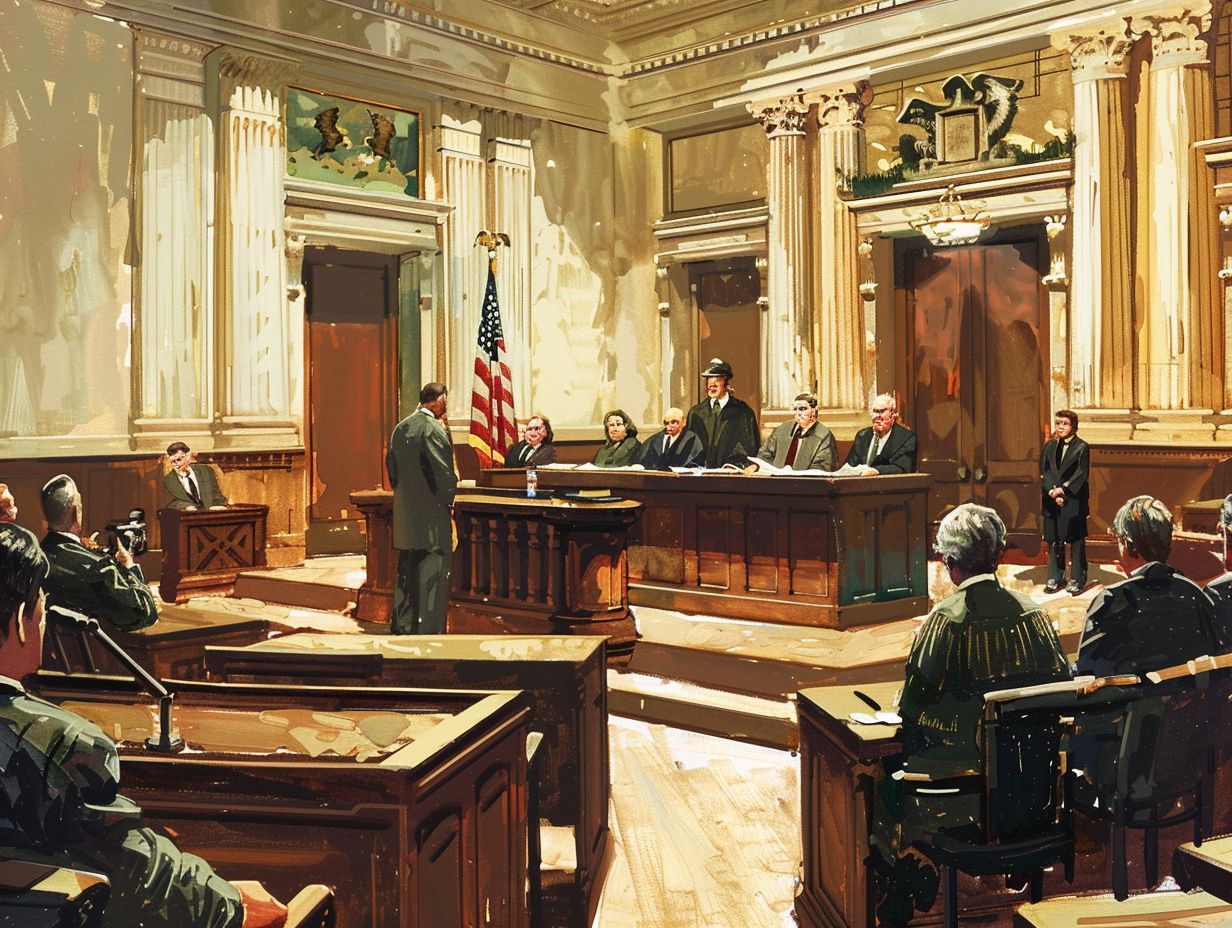
Florida has implemented strong laws to address human trafficking. Key legislation like Senate Bill 7064 and House Bill 1465 has been advocated for by the Legislature and enforced with the backing of Attorney General Ashley Moody.
What Is the Definition of Human Trafficking According to Florida Law?
As per Florida law, specifically Senate Bill 7064, human trafficking is described as the exploitation of individuals through coercion, force, or fraud for labor or commercial sexual activity.
The key components highlighted in this definition are essential in identifying cases of human trafficking. Coercion involves threatening or harming victims in order to compel them into exploitative situations.
Force includes physically controlling or confining individuals against their wishes. Fraud consists of elements of deceit or misrepresentation used to manipulate victims.
The legal interpretation of these elements underscores the absence of consent and the presence of exploitation for labor or sexual activities, distinguishing human trafficking from other forms of exploitation.
What Are the Penalties for Human Trafficking in Florida?
In Florida, human trafficking offenders face severe penalties that include lengthy prison sentences, heavy fines, and forfeiture of assets as dictated by state law and upheld by the state Supreme Court.
For example, individuals convicted of human trafficking in Florida can receive prison terms ranging from a minimum of 15 years up to life imprisonment, depending on the seriousness of the offense and other aggravating factors. Along with incarceration, traffickers may be fined hundreds of thousands of dollars. State laws also permit the confiscation of property and assets acquired through human trafficking activities.
Recent cases in Florida have resulted in traffickers receiving substantial prison sentences and significant fines, sending a clear message about the repercussions of participating in such egregious crimes.
What Are the Laws Protecting Victims of Human Trafficking in Florida?
Florida’s laws offer significant protections for victims of human trafficking, including provisions for safe housing, legal aid, and rehabilitation services. These measures are supported by the Department of Children and Families and the Statewide Council on Human Trafficking.
Victims in Florida have legal safeguards that allow them to seek restraining orders against traffickers and access legal representation.
Social support programs in the state provide victims with access to counseling, support groups, and educational initiatives.
Partnerships with healthcare providers enable victims to receive comprehensive medical assistance.
Key stakeholders involved in ensuring these protections include law enforcement agencies, non-profit organizations such as the Salvation Army and the Florida Coalition Against Human Trafficking, and specialized task forces focused on combating human trafficking in the state.
How Can You Report Suspected Cases of Human Trafficking in Florida?
Reporting suspected cases of human trafficking in Florida is an essential step in combating this crime, with resources such as the Polaris Project and state initiatives supported by Governor Ron DeSantis facilitating the process.
What Are the Steps to Take When Reporting Suspected Human Trafficking?
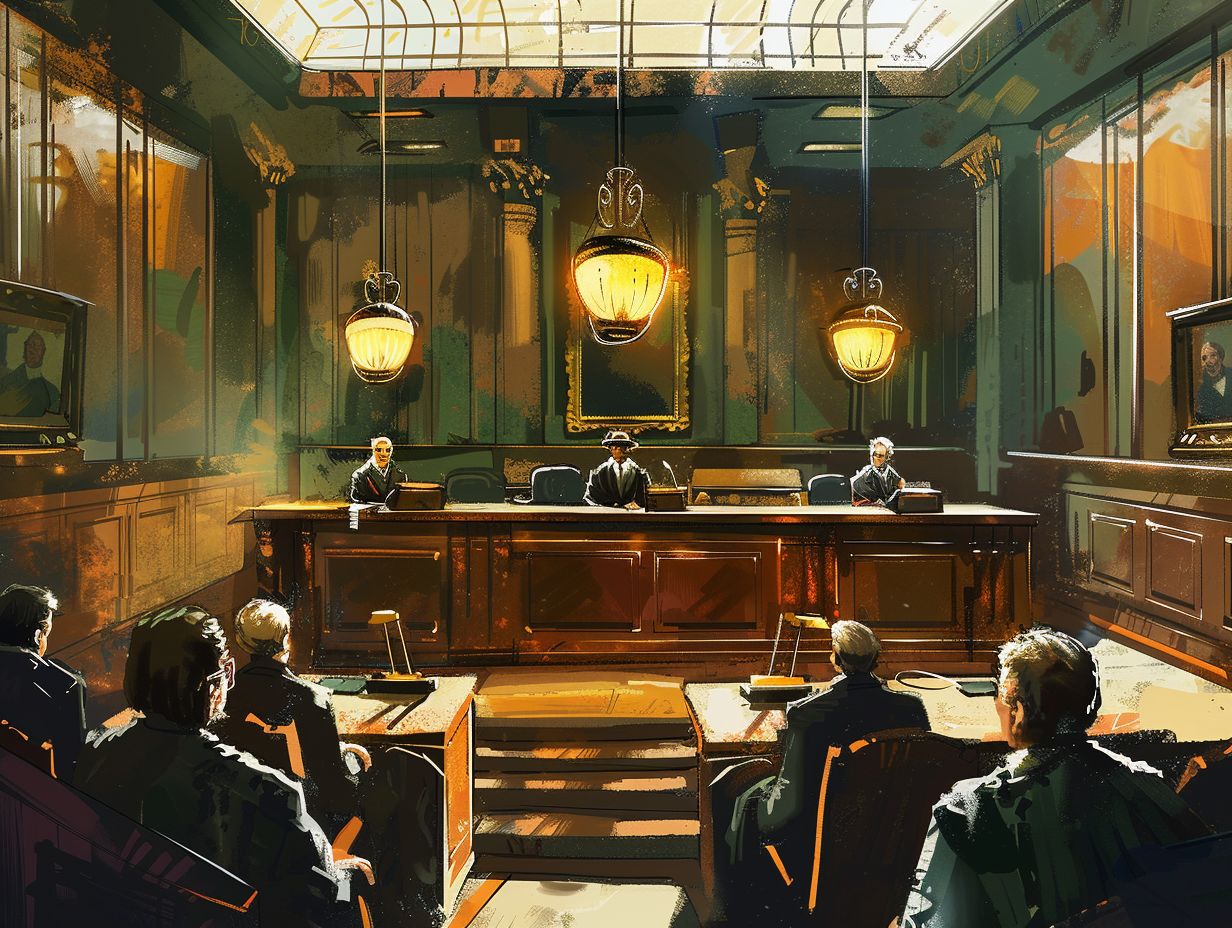
When reporting suspected human trafficking, it is important to contact local law enforcement or the Polaris Project, provide detailed information, and cooperate with the investigation process, all while ensuring the safety of the potential victim.
Cooperation with law enforcement and other agencies is crucial to effectively combat human trafficking. Be prepared to share any relevant details, such as descriptions of the individuals involved, locations of suspicious activities, and any indicators that raise concerns. Stay informed about the victim’s safety and well-being during the reporting and investigation stages.
Remember, your timely and accurate reporting can make a significant difference in identifying and rescuing individuals from human trafficking situations.
How Can You Help Prevent Human Trafficking in Florida?
Preventing human trafficking in Florida necessitates a multi-faceted approach that includes public awareness, legislative action, and the involvement of organizations such as the Criminal Justice Standards and Training Commission. This effort is supported by leaders like Attorney General Ashley Moody and Lieutenant Governor Jeanette Nuñez.
What Are Some Organizations in Florida Fighting Against Human Trafficking?
Several organizations in Florida, including the Polaris Project, Department of Children and Families, and the Statewide Council on Human Trafficking, are actively engaged in combating human trafficking. These organizations often collaborate with Governor Ron DeSantis’s office in this fight.
The Polaris Project, recognized as a prominent anti-trafficking organization, focuses on providing support services and advocacy for survivors. They also manage the National Human Trafficking Hotline. The Department of Children and Families plays a vital role in prevention through awareness-raising and training for professionals likely to encounter trafficking victims.
The Statewide Council on Human Trafficking coordinates efforts among various agencies and organizations throughout the state, enhancing prevention, prosecution, and victim services. These organizations frequently work together with state and federal authorities to develop comprehensive strategies aimed at combating human trafficking in Florida.
Frequently Asked Questions
What is human trafficking and how does it relate to Florida’s laws?
Human trafficking is a serious crime that involves the exploitation of individuals for labor or commercial sex acts through the use of force, fraud, or coercion. Florida’s laws address this issue by providing protections for victims and imposing penalties on traffickers.
What laws specifically address human trafficking in Florida?
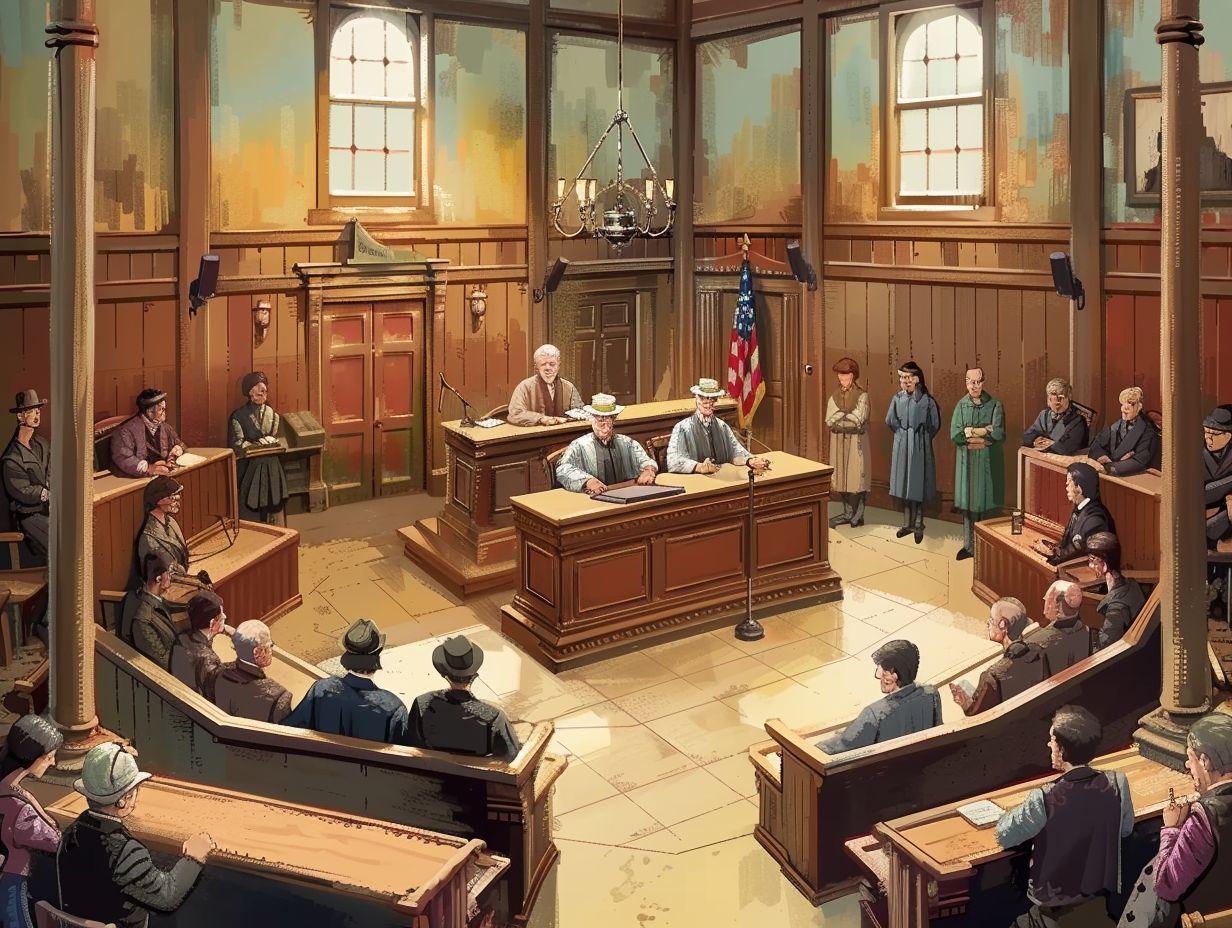
Florida’s laws on human trafficking can be found in the Florida Statutes, specifically Chapter 787, which defines human trafficking and outlines the penalties for traffickers, and Chapter 787.06, which provides protections for victims of human trafficking.
Who is considered a victim of human trafficking in Florida?
In Florida, anyone under the age of 18 who is involved in commercial sexual activity is considered a victim of human trafficking, regardless of whether force, fraud, or coercion was used. Additionally, anyone over the age of 18 who was induced or coerced into commercial sexual activity is also considered a victim.
What protections are in place for victims of human trafficking in Florida?
Florida’s laws provide various protections for victims of human trafficking, including access to shelter, medical care, and counseling services. Victims are also eligible for compensation and legal assistance, and are not required to testify against their traffickers.
What are the penalties for human trafficking in Florida?
The penalties for human trafficking in Florida vary depending on the specific circumstances of the case. In general, traffickers can face imprisonment, fines, and mandatory registration as a sex offender or sexual predator. In some cases, traffickers may also have their assets seized or be subject to civil lawsuits from victims.
What can I do to help combat human trafficking in Florida?
There are many ways to get involved in the fight against human trafficking in Florida. You can educate yourself and others about the issue, support organizations that provide services for victims, and report any suspicious activity to the National Human Trafficking Hotline at 1-888-373-7888.






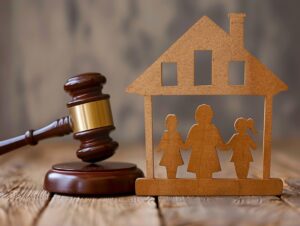






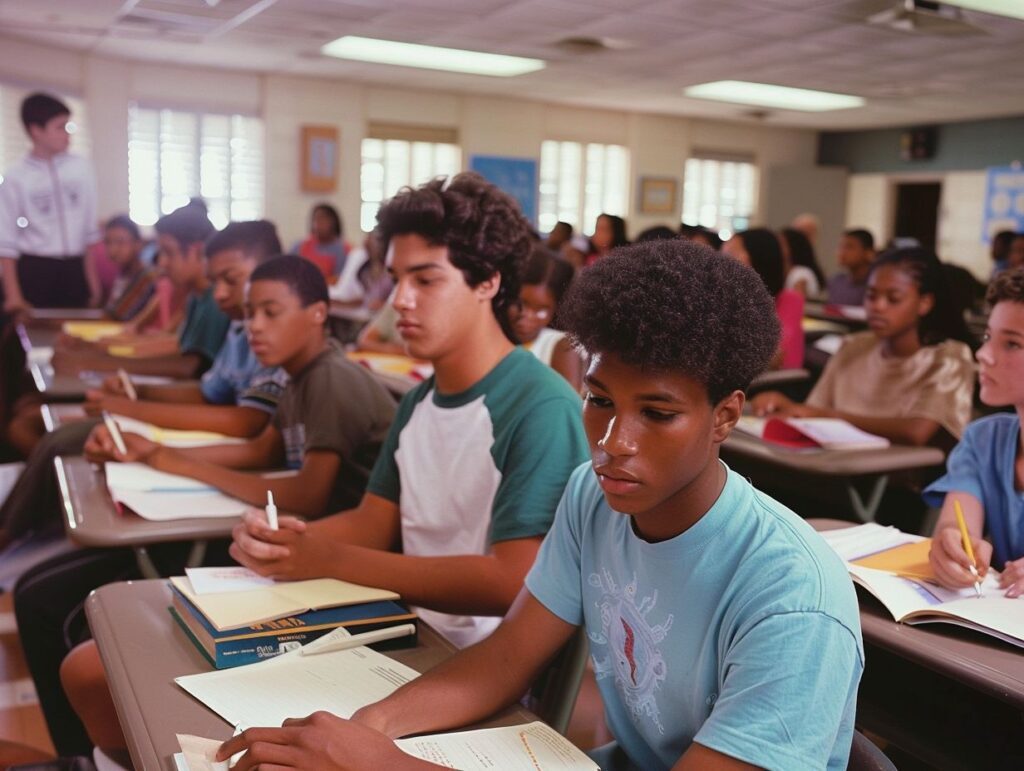
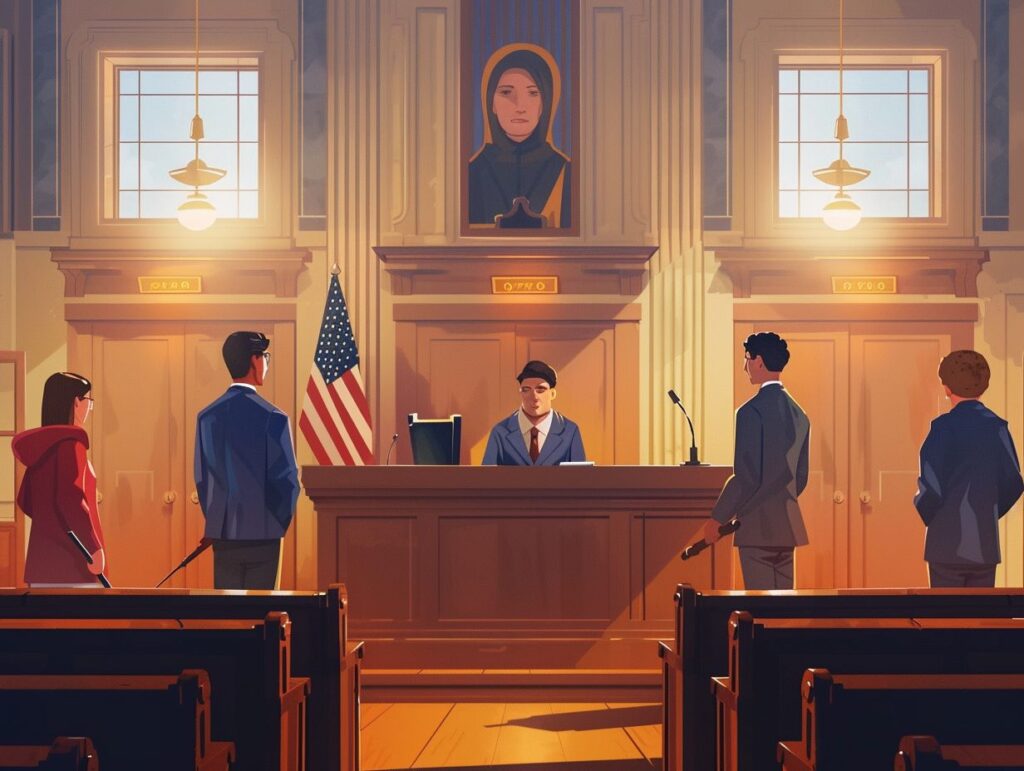








Rate this article:
Average rating 5 / 5. Vote count: 1
No votes so far! Be the first to rate this post.
No Comments yet!